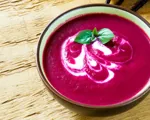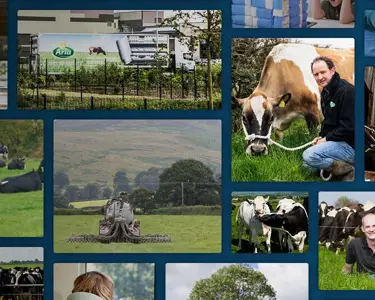Farming
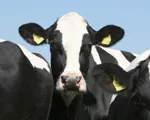
Farming and emissions
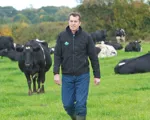
How does the Arla cooperative work?
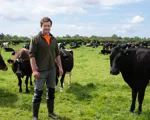
Arla to reward farmers for sustainability actions with FarmAhead™ Incentive
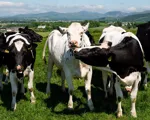
What’s the future of sustainable dairy?
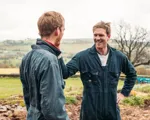
What do Arla cows eat for dinner?
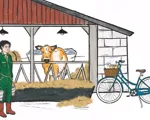
Storytime with Jonny and Jelly
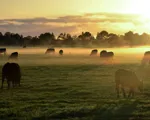
What is sustainable farming?

How does farming impact the environment?
Nutrition

What’s the difference between milk and alternatives?

The benefits of lactose free dairy

How important is dairy for children?

We’re inspiring children in Leeds to lead healthy and active lifestyles alongside the Leeds United Foundation
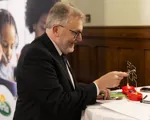
We’re backing breakfast to support four million children at risk of food insecurity

Charlotte Stirling Reed's 5 Big Tips

Vital vitamin D
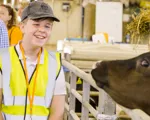
Arla & Magic Breakfast
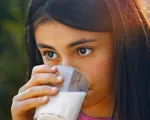
How does dairy impact us?
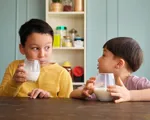
How much dairy do we need?
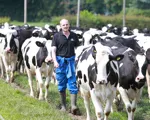
The importance of sustainable nutrition
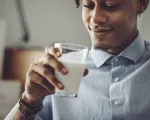
What are the health benefits of dairy?
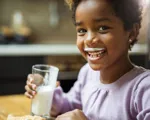
Is milk good for your bones?
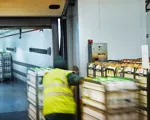
Covid-19 reminds us that real heroes wear scrubs, not capes

Is milk good for you?
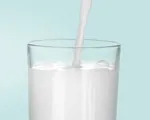
What are the health benefits of calcium?
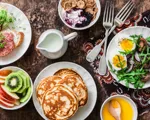
The importance of a balanced diet
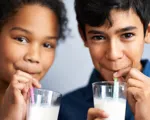
The impact of milk on bones and teeth

How does milk help with fitness?
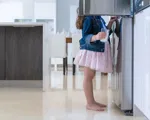
The best ways to store milk
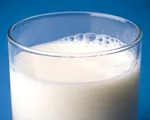
Can you drink milk past its expiration date?
Environment
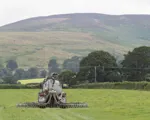
Using climate data to produce milk sustainably
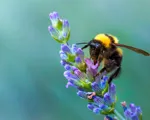
Discovering the importance of bees
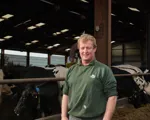
Creating Renewable Energy on Farm
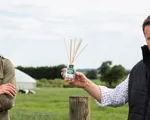
Get fresh country air into your home
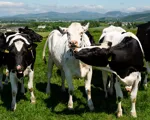
The future of Arla and dairy

How Arla’s fighting water waste

Arla’s sustainable milk packaging journey
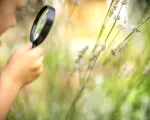
How to create a bee-friendly garden
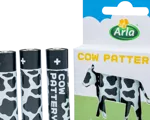
Could cow power be the solution to our renewable energy needs?
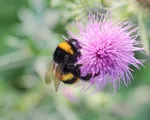
Project pollinator gets bees buzzing again

Use your nose! The myths around best before dates on food packaging
